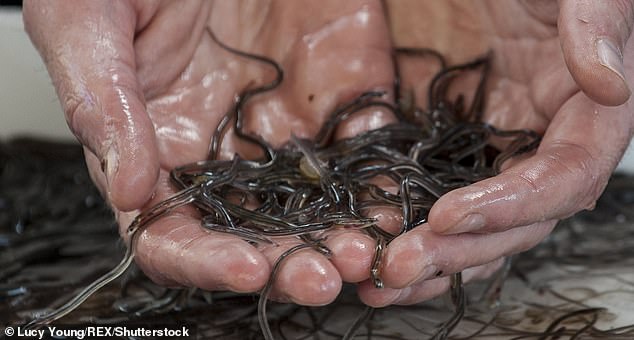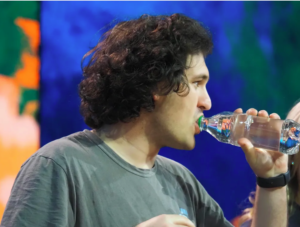High levels of cocaine found in the Thames by monitoring station near Houses of Parliament are making eels hyperactive

Londoners are taking so much cocaine
Londoners are taking so much cocaine that the class A drug can be found in the River Thames – and it’s making the eels hyperactive.
Cocaine from users’ urine has been detected in increasing quantities, research from the Thames monitoring station near the Houses of Parliament has shown.

The drug should be removed from the capital’s water supply by treatment and dilution, however, the research has shown that the system is failing and the constant detection of cocaine could affect wildlife.
Eels migrate up the Thames every year between April and October, but face many hazards and obstacles and are regarded as critically endangered.
They are usually found close to the estuary, travelling as far as Greenwich. The class A drug found in the water affects their behaviour and makes them more erratic.
Downpours that overwhelm waste plant systems and carry sewage into the river added to the phenomena, the research said.
‘Increases in caffeine, cocaine and benzoylecgonine [a metabolite] were observed 24 hours after sewer overflow events,’ King’s College London researchers told The Sunday Times‘ Science editor Jonathan Leake.








